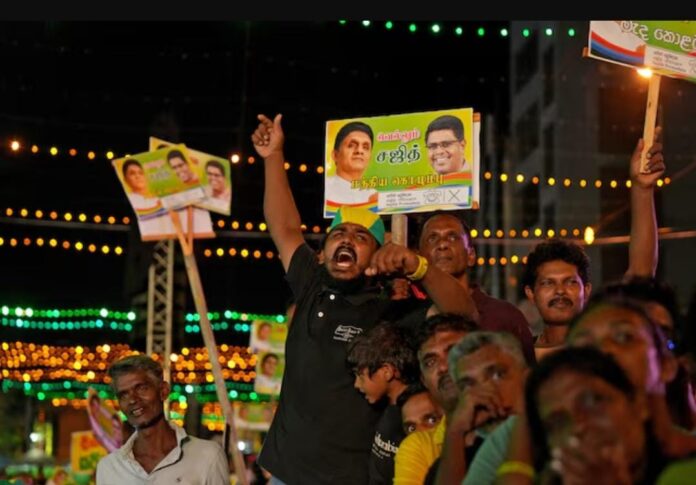Sri Lanka will head to the polls on Saturday to elect its next president, in what is widely seen as a referendum on the unpopular IMF-backed austerity measures enacted following the country’s historic financial crisis.
President Ranil Wickremesinghe has called on voters to grant him a fresh mandate, crediting the reforms for stabilizing the economy and ending shortages of essential goods like food, fuel, and medicine.
“We must continue with reforms to end bankruptcy,” Wickremesinghe, 75, told supporters at his final campaign rally in Colombo on Wednesday night. “We must build a new economy.”
Wickremesinghe, who restored order after mass protests in 2022 led to the ousting of his predecessor, urged voters to choose between “a return to terror or progress.”
Experts have cautioned that Sri Lanka’s economy remains fragile, with the country yet to resume payments on its $46 billion foreign debt after the 2022 government default.
“The election will essentially serve as a referendum on how President Wickremesinghe’s administration has managed the economic crisis and its modest recovery,” said the International Crisis Group this week. It noted that many citizens are still enduring “severe hardship” as the government implements austerity measures, widely perceived as unfair.
Following the end of a 56-day campaign period on Wednesday, Sri Lanka entered a two-day “cooling off” period before the presidential vote on Saturday.
Around 17.1 million Sri Lankans are eligible to vote in Saturday’s election, with more than 200,000 officials deployed to oversee the process. Security will be tight, with 63,000 police officers assigned to guard polling stations. Election results are expected by Sunday.
Police spokesman Nihal Talduwa reported that the campaign period had been relatively peaceful, receiving 464 election-related complaints but no major crimes.



